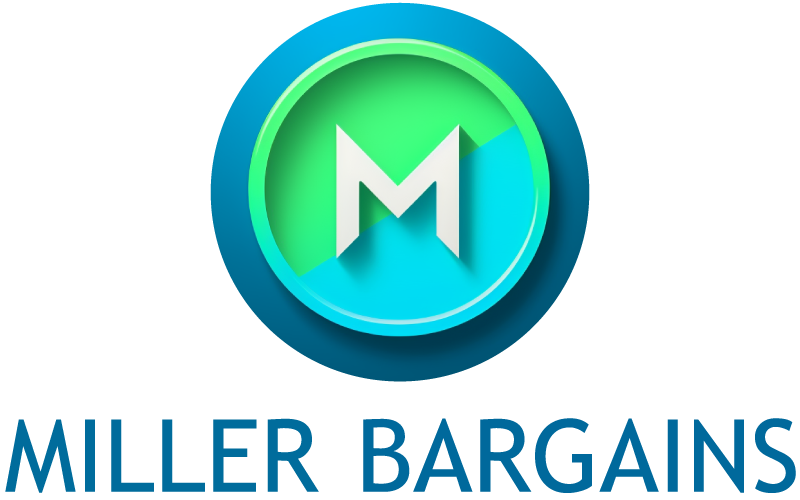Building blocks have been a constant presence in children’s playrooms for generations, and their enduring popularity is well-justified.
Beyond their seemingly simple design, these unassuming toys offer a plethora of educational benefits that contribute significantly to children’s cognitive development. This article delves into the various ways building blocks positively impact children’s cognitive development.
1.Spatial Perception and Geometric Understanding
Building blocks require children to visualize and manipulate different shapes and sizes, helping them develop a keen sense of spatial awareness. As children experiment with stacking, fitting, and aligning blocks, they intuitively learn about dimensions, balance, and symmetry. This hands-on exploration lays the groundwork for understanding more complex mathematical concepts later in life.
2. Problem Solving and Critical Thinking
When children engage with building blocks, they encounter challenges that encourage them to think critically and problem-solve. They must figure out how to create stable structures, which blocks to use, and how to overcome obstacles like instability. This process nurtures their analytical skills and teaches them to approach problems with patience and determination.
3. Creativity and Imagination
Building blocks are a canvas for children’s imagination. With a few simple pieces, they can transform blocks into anything they envision, whether it’s a towering castle, a speedy racecar, or an imaginary creature. This creative freedom enhances their imaginative thinking and nurtures their ability to think outside the box.
4. Fine Motor Skills
The manipulation of building blocks involves intricate hand movements and coordination. Picking up, stacking, and arranging blocks hones fine motor skills, improving hand-eye coordination and finger dexterity. These skills are crucial for tasks like writing, drawing, and more complex activities in the future.
5. Interpersonal Abilities and Effective Communication
Building with blocks often becomes a collaborative activity. Children learn to communicate their ideas, negotiate with others, and work as a team to achieve a common goal. Sharing blocks, discussing designs, and resolving conflicts promote positive social interactions and build essential communication skills.
6. Language Development
As children engage in block play, they often describe their creations, explain their designs, and discuss their thought processes with others. This verbal expression fosters language development, expanding their vocabulary and ability to articulate ideas clearly.
7. Sequencing and Planning
Constructing elaborate structures with building blocks requires a degree of planning and sequencing. Children learn to envision the steps needed to achieve their desired outcome, improving their ability to organize tasks and activities in a logical order.
8. Concentration and Focus
Building with blocks demands concentration and sustained focus. Children must pay attention to detail, adjust their approach as needed, and see their projects through to completion. These experiences contribute to the development of attention span and concentration skills.
Conclusion
In conclusion, building blocks are far more than just toys; they are powerful tools for children’s cognitive development. The diverse range of skills cultivated by building block play lays a strong foundation for academic success and lifelong learning. As parents, educators, and caregivers, recognizing the educational benefits of building blocks can lead to purposeful play that enriches children’s growth in multifaceted ways. So, the next time you see a child engrossed in stacking colorful blocks, remember that they are not just playing – they are actively learning and growing.

